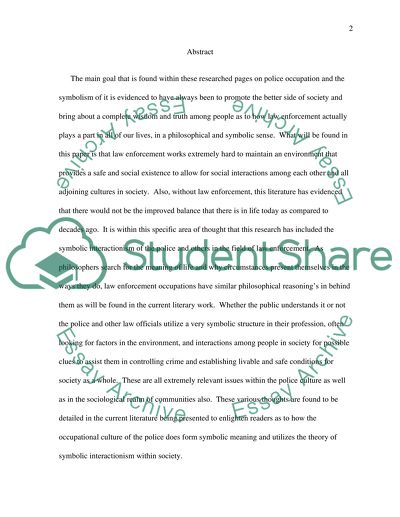Cite this document
(“Symbolic Interactionism in Police Culture Essay”, n.d.)
Retrieved from https://studentshare.org/sociology/1506256-symbolic-interactionism-in-police-culture
Retrieved from https://studentshare.org/sociology/1506256-symbolic-interactionism-in-police-culture
(Symbolic Interactionism in Police Culture Essay)
https://studentshare.org/sociology/1506256-symbolic-interactionism-in-police-culture.
https://studentshare.org/sociology/1506256-symbolic-interactionism-in-police-culture.
“Symbolic Interactionism in Police Culture Essay”, n.d. https://studentshare.org/sociology/1506256-symbolic-interactionism-in-police-culture.


